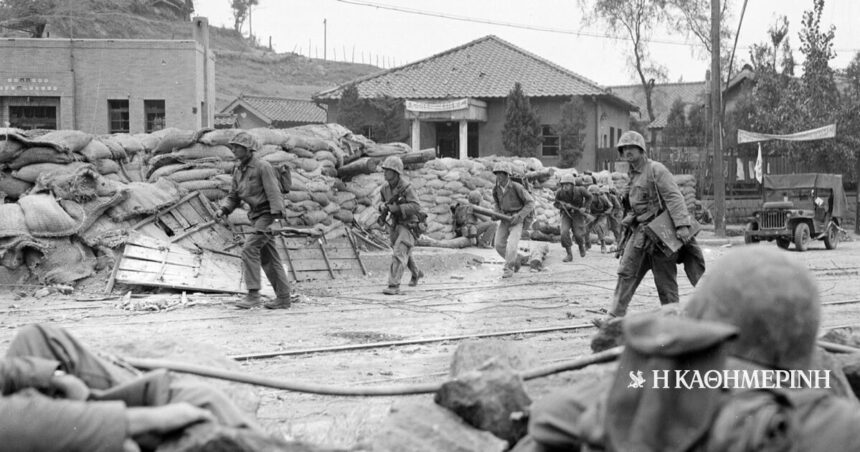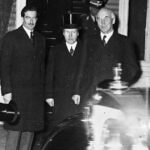The “Ripper” operation, during the Korean War, was primarily aimed at recapturing it Seoulwhich had come to the North Korean forces in the early stages of the war. It was headed by General Matthew V. Ritzway, who had succeeded in the administration of his forces UN In Korea, General Douglas Makarther after the latter’s dismissal by US President Harry Truman. In addition to the United Stateswhich led the operation, also played an important role in the Commonwealth troops as well as troops from other countries involved in the UN mission.
The business started with a series of coordinated attacks across the front line. In these initial stages, the troops of South Korea They were responsible for the security of the west side of the UN forces and the expulsion of the North Korean forces by the Seoul Metropolitan region. Although they faced harsh resistance from the North Korean troops, they eventually managed to repel them as it turned out that they were unprepared for an attack on such tension. Seoul was eventually successfully recaptured within three days.
This military success was due to a number of factors: Ridgei’s strategy focusing on the North Korean Army refueling lines, on UN’s use of their Air Forces to bombard key positions North Korea And to disrupt the lines of communication of its forces, but also in the introduction of the M-26 person chariot, which changed the balance by allowing dominance on the battlefield.
The occupation of Seoul by the North Koreans in 1950 had shaken the morale of the forces of South Korea and the international community.
Seoul occupation by the North Koreans in 1950 had shaken the morale of the South Korean and international community forces, while sowing doubts about the perspective of the involvement of the UN coalition in the conflict, as it seemed to be difficult. The recapture of the city, therefore, provided a significant stimulation of the morale of the South Korean forces, which had suffered heavy losses and had several failures in the early stages of the war. But beyond that, this operation had a broader political impact on the Korean War after halting the aggressive rush of the North Korean army and weakened its ability to continue its operations.
The recapture of the city also sent a clear message to the North Koreans and their Chinese allies that the US -led Coalition was not going to leave the Korean peninsula. The operation showed that this coalition was willing to commit the necessary military resources to achieve its goals. In other words, it was clear that there was a significant change in the United States and UN forces approach to the Korean war. Until then, these forces were in defense, remaining committed to conservation of the 38th parallel and preventing the advance of the North Koreans. After this success, however, it was revealed that there was the possibility of initiative.
Column: Myrto Katsigera, Vassilis Minakakis, Antigoni-Despina Poumenidou, Athanasios Syroplakis








